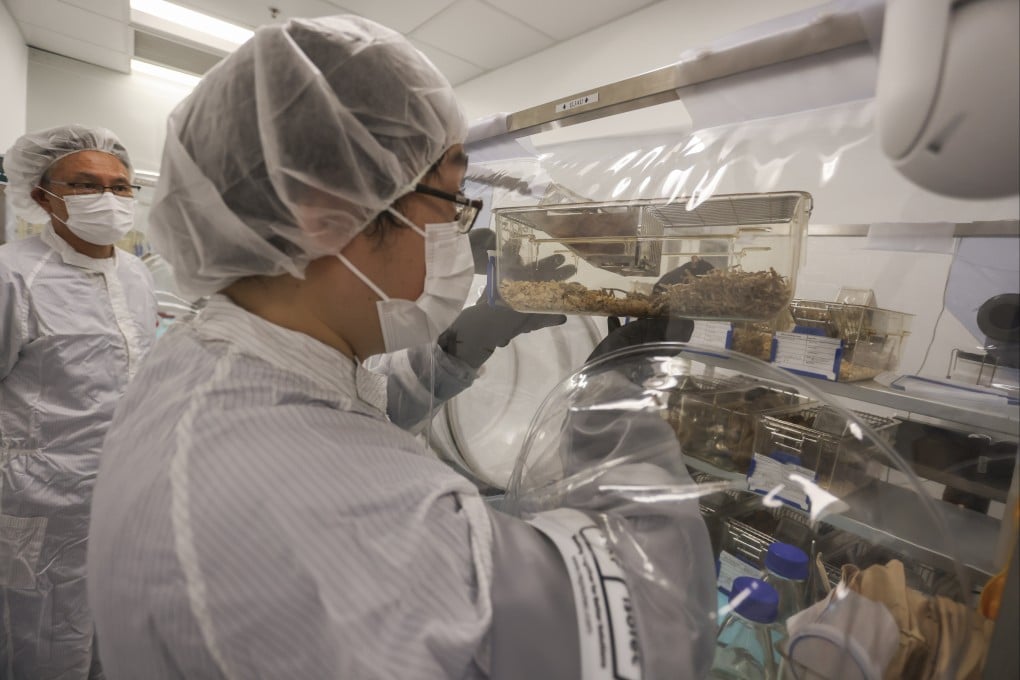Editorial | Drugs from bugs right medicine for Hong Kong economy
Hong Kong research facility owned by Chinese University seeks to treat depression, autism and dementia through use of bacteria

Turning bugs into drugs may sound like science fiction, but the Hong Kong researchers developing bacteria into new medical treatments deserve praise for helping the city write a new chapter as a regional biomedical hub. The latest buzz over the sector has focused on the Microbiota I-Centre, a research facility owned by Chinese University.
It is the first laboratory in the Greater Bay Area development zone with a controlled environment for microorganisms being studied to develop ways to treat cognitive disorders.
The centre is taking alternative approaches in an attempt to treat depression, autism and dementia. It is among 29 government-funded research and development facilities under the InnoHK initiative at Hong Kong Science Park.
Professor Ng Siew Chien, centre co-director and a top gastroenterologist, said there were currently “no solutions” for such diseases at a time when many young people were struggling with “depression, being labelled and having to take antidepressants”.

In Hong Kong alone, tens of thousands of people are estimated to suffer from conditions the centre is studying. As the city ages, at least 100,000 people are believed to be affected by dementia.

